Welcome to October. As you may aware or not October is Mental awareness month. Many South Africans suffering from mental health disorders are afraid of speaking up about it due to the stigma associated with depression and anxiety. However, this is not limited to our shores. An estimated 400 million people worldwide suffer from mental disorders. These include conditions like depressive disorder, anxiety, obsessive-compulsive disorder (OCD), dementia and post-traumatic stress disorder (PTSD).
The pandemic has only exacerbated and certainly contributed to the increase in mental health issues among working adults and school-going youth around the world, including South Africa.
Dr Ade van Heerden, a medical officer running a primary healthcare clinic for SANDF, agrees with this sentiment. “Having families locked in a house together for extended periods has increased the feeling of loneliness in kids and adults alike. Kids reported worrying about the future of school and their ability to succeed, while financial burdens, remote working and limited social interactions have all contributed to increased feelings of isolation, irritation, fear and anxiety in adults.” “Kids and teenagers have also greatly increased their social media screen time, which is proven to escalate anxiety and depression symptoms. There has also been more interpersonal conflict within families, putting more stress on all parties involved. The truth is that we have seen an unprecedented increase in suicide in men, women and teenagers due to lockdown restrictions globally. This tells us everything we need to know about how the pandemic is impacting our mental health,” Dr van Heerden continues.
Breaking The Stigma
Dr van Heerden has advised that there are key symptoms to look out for when suspecting a loved one is struggling mentally. The most common symptoms include:
- feelings of sadness, hopelessness and emptiness.
- more tearful, agitated, distracted or angrier than usual.
- Loss of interest in previously enjoyed hobbies or sport is also common
- weight fluctuations, unusual or disturbed sleeping schedules
- unexplained physical issues like headaches have also been reported.
Not all symptoms are the same
Dr van Heerden also notes that in mild and even sometimes moderate cases of anxiety and depressive feelings, the focus should be on lifestyle and psychological interventions, assisted by over-the-counter medications sourced from nature like Emozac. “When experiencing the symptoms of anxiety, stress and depression, it’s easy to turn to pharmaceutical medication. However, there are natural alternatives and lifestyle changes that can be made to improve your overall wellbeing and assist in dealing with these symptoms.”
Emozac assists in the relief of anxiety and depressive symptoms, contributes to emotional balance and promotes a more positive mood. Emozac contains an Iranian Saffron extract that works like fluoxetine (an over-the-counter medication) to decrease cortisol levels (a stress hormone) and balances your brain’s neurotransmitters. This has been clinically proven to encourage calmness and emotional balance, improve mood, support relaxation, reduce stress and promote better sleep.
10 Natural Remedies For Anxiety & Stress
Many people have chronic stress and anxiety. They face symptoms such as nervousness, agitation, tension, a racing heart, and chest pain. In fact, anxiety is among the most common mental health issues. In the United States, more than 18% of adults are affected by anxiety disorders each year.
In some cases, another health condition, such as an overactive thyroid, can lead to an anxiety disorder. Getting an accurate diagnosis can ensure that a person receives the best treatment.
In this article, learn about 10 natural and home remedies that can help with stress and anxiety.
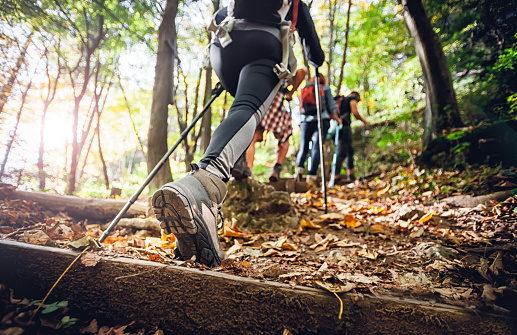
1. Exercise
Exercise is a great way to burn off anxious energy, and research tends to support this use. For example, a 2015 review of 12 randomised controlled trials found that exercise may be a treatment for anxiety. However, the review cautioned that only research of higher quality could determine how effective it is. Exercise may also help with anxiety caused by stressful circumstances. Results of a 2016 study, for example, suggest that exercise can benefit people with anxiety related to quitting smoking.
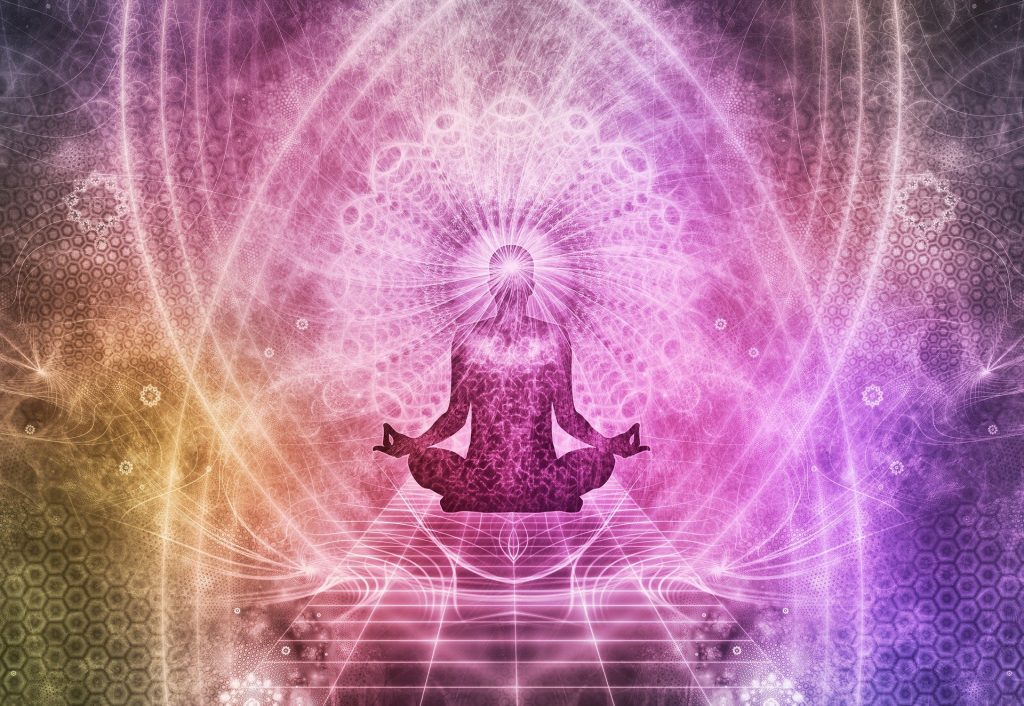
2. Meditation
Meditation can help to slow racing thoughts, making it easier to manage stress and anxiety. A wide range of meditation styles, including mindfulness and meditation during yoga, may help.
Mindfulness-based meditation is increasingly popular in therapy. A 2010 meta-analytic review suggests that it can be highly effective for people with disorders relating to mood and anxiety.
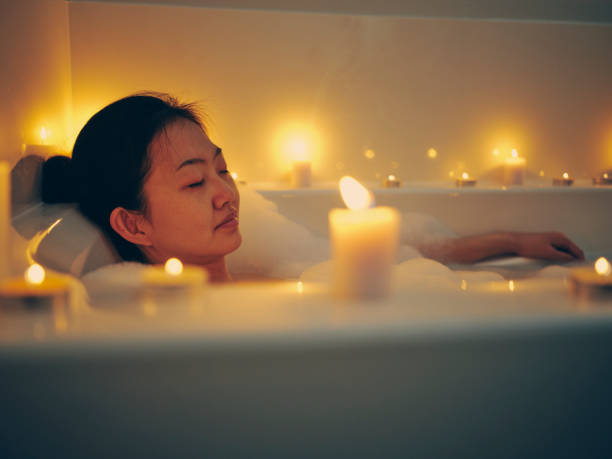
3. Relaxation Exercises
Some people unconsciously tense the muscles and clench the jaw in response to anxiety. Progressive relaxation exercises can help.
Try lying in a comfortable position and slowly constricting and relaxing each muscle group, beginning with the toes and working up to the shoulders and jaw.

4.Writing/journaling
Finding a way to express anxiety can make it feel more manageable. Some research suggests that journaling and other forms of writing can help people to cope better with anxiety.
A 2016 study, for example, found that creative writing may help children and teens to manage anxiety.
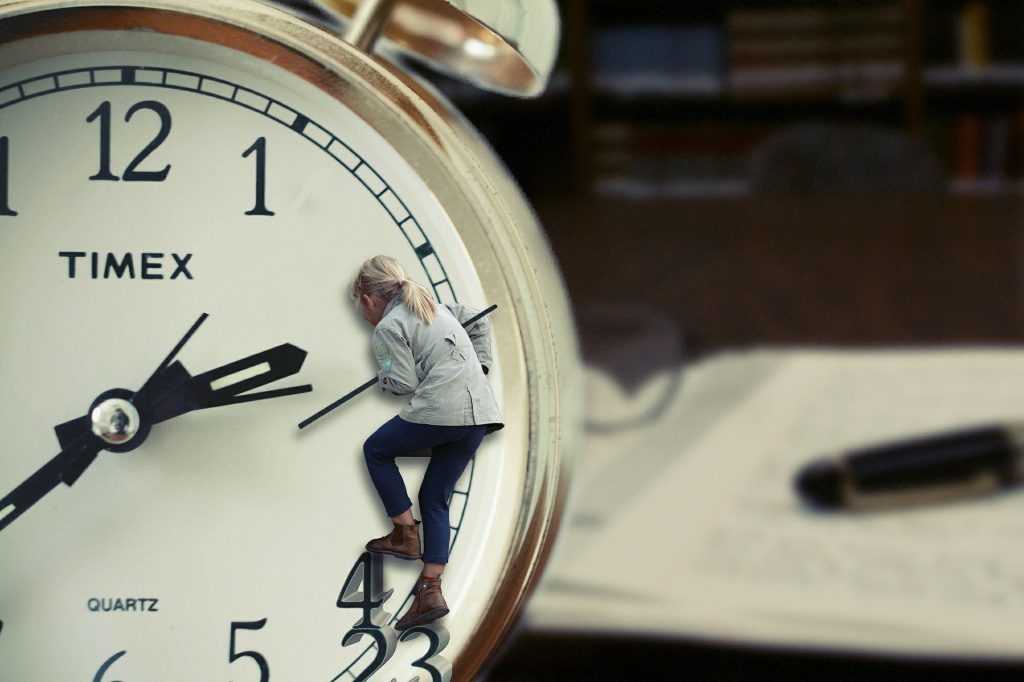
5. Time Management Strategies
Some people feel anxious if they have too many commitments at once. These may involve family, work, and health-related activities. Having a plan in place for the next necessary action can help to keep this anxiety at bay. Effective time management strategies can help people to focus on one task at a time. Book-based planners and online calendars can help, as can resisting the urge to multitask.
Some people find that breaking major projects down into manageable steps can help them to accomplish those tasks with less stress.

6. Aromatherapy
Smelling soothing plant oils can help to ease stress and anxiety. Certain scents work better for some people than others, so consider experimenting with various options.
Lavender may be especially helpful. A 2012 study tested the effects of aromatherapy with lavender on insomnia in 67 women aged 45–55. Results suggest that the aromatherapy may reduce the heart rate in the short term and help to ease sleep issues in the long term.
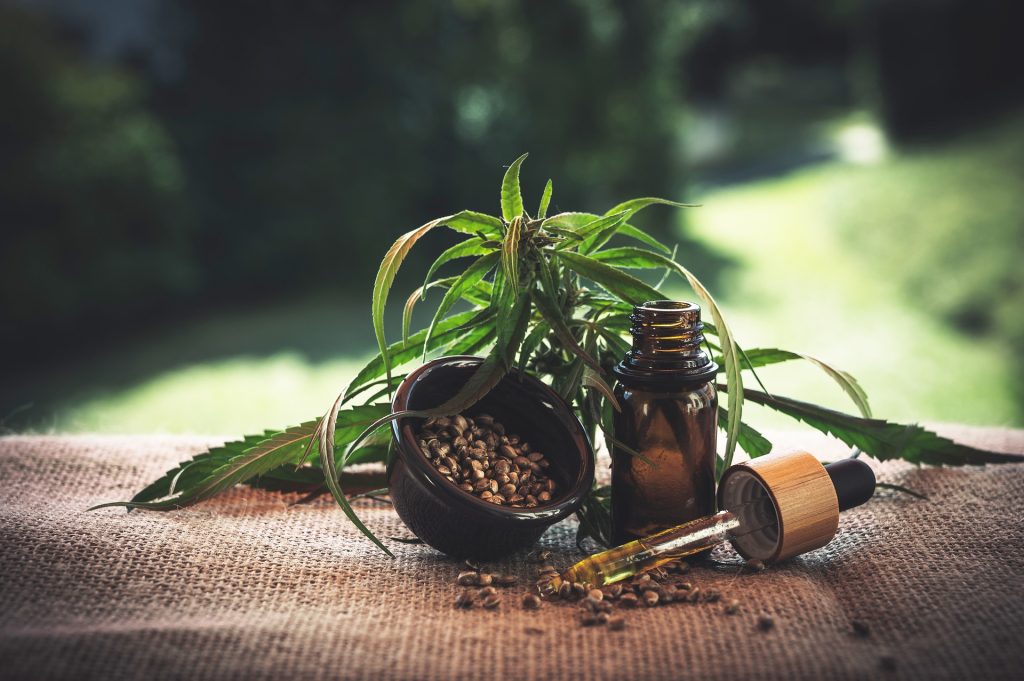
7. Cannabidiol oil
Cannabidiol (CBD) oil is a derivative of the cannabis, or marijuana, plant. Unlike other forms of marijuana, CBD oil does not contain tetrahydrocannabinol, or THC, which is the substance that creates a “high.”
CBD oil is readily available without a prescription in many alternative healthcare shops. Preliminary research suggests that it has significant potential to reduce anxiety and panic. In countries where medical marijuana is legal, doctors may also be able to prescribe the oil
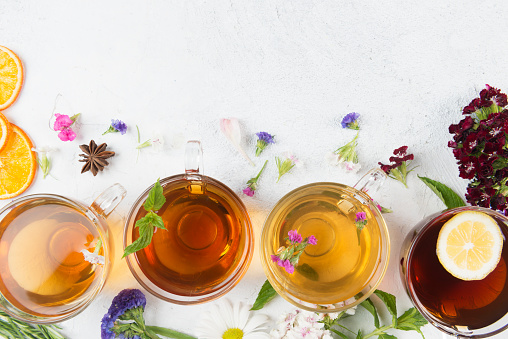
8. Herbal Teas
Many herbal teas promise to help with anxiety and ease sleep. Some people find the process of making and drinking tea soothing, but some teas may have a more direct effect on the brain that results in reduced anxiety.
Results of a small 2018 trial suggest that chamomile can alter levels of cortisol, a stress hormone.
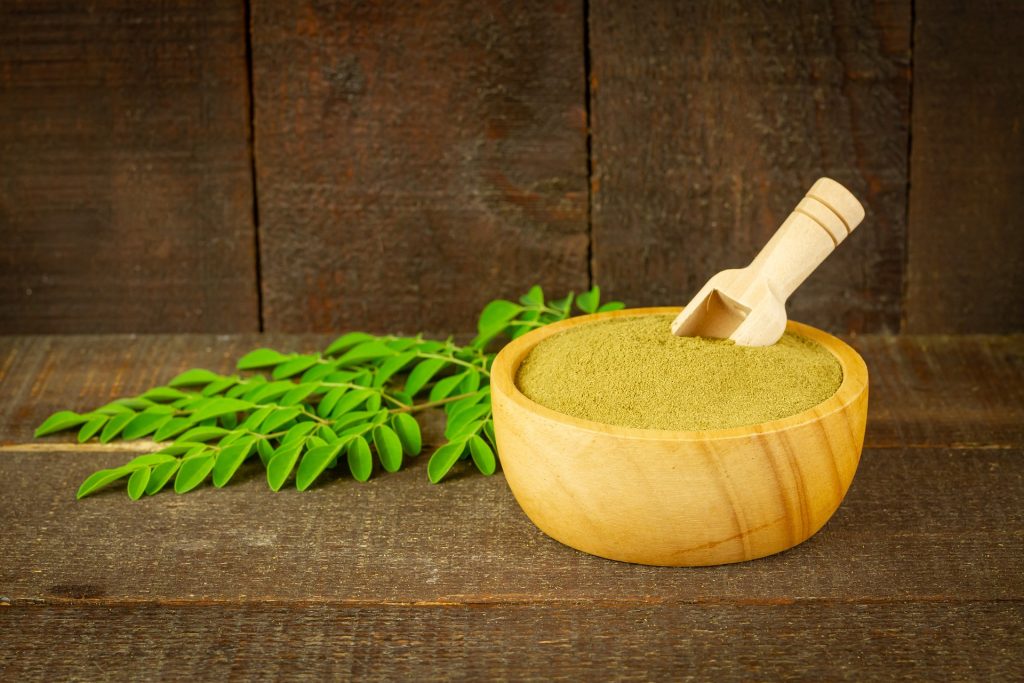
9. Herbal Supplements
Like herbal teas, many herbal supplements claim to reduce anxiety. However, little scientific evidence supports these claims.
It is vital to work with a doctor who is knowledgeable about herbal supplements and their potential interactions with other drugs.

10. Time With Animals
Pets offer companionship, love, and support. Research published in 2018 confirmed that pets can be beneficial to people with a variety of mental health issues, including anxiety. While many people prefer cats, dogs, and other small mammals, people with allergies will be pleased to learn that the pet does have to be furry to provide support.
A 2015 study found that caring for crickets could improve psychological health in older people. Spending time with animals can also reduce anxiety and stress associated with trauma. Results of a 2015 systematic review suggest that grooming and spending time with horses can alleviate some of these effects.
A healthy, balanced diet also plays an important role in keeping your mind healthy. “For the body to function optimally, it needs a wide range of micronutrients and minerals to keep your gut and brain happy. Spending time outdoors will enhance vitamin D and melatonin levels, which play a crucial role in your mental health. Some time outside every day will keep these nutrients topped up naturally.
In Summary
Mental Health Awareness Month is an opportunity for all South Africans to acknowledge the importance of good mental health, learn how to identify the signs of anxiety and depression and educate themselves on finding the right solution. As such, Dr van Heerden has partnered with Emozac to encourage South Africans to move their bodies for 15 minutes a day for the month of October in support of Mental Health Awareness and to help break the stigma.
This Mental Health Awareness Month, Dr van Heerden encourages everyone to speak up in order to help destigmatise mental health problems. “We need to equip parents with the tools to recognise depression or anxiety in their children. We also need to keep working towards information, education and treatment available for all, especially in rural areas.
“Too many people are suffering in silence,” concludes Dr van Heerden. “It is time for us to all do our part, whether it’s speaking up or lending a helping hand.”
References
Website: https://iafrica.com/mental-health-awareness-month-encourages-south-africans-to-speak-up/
Website: https://www.medicalnewstoday.com/articles/322396#natural-remedies-for-anxiety-and-stress

